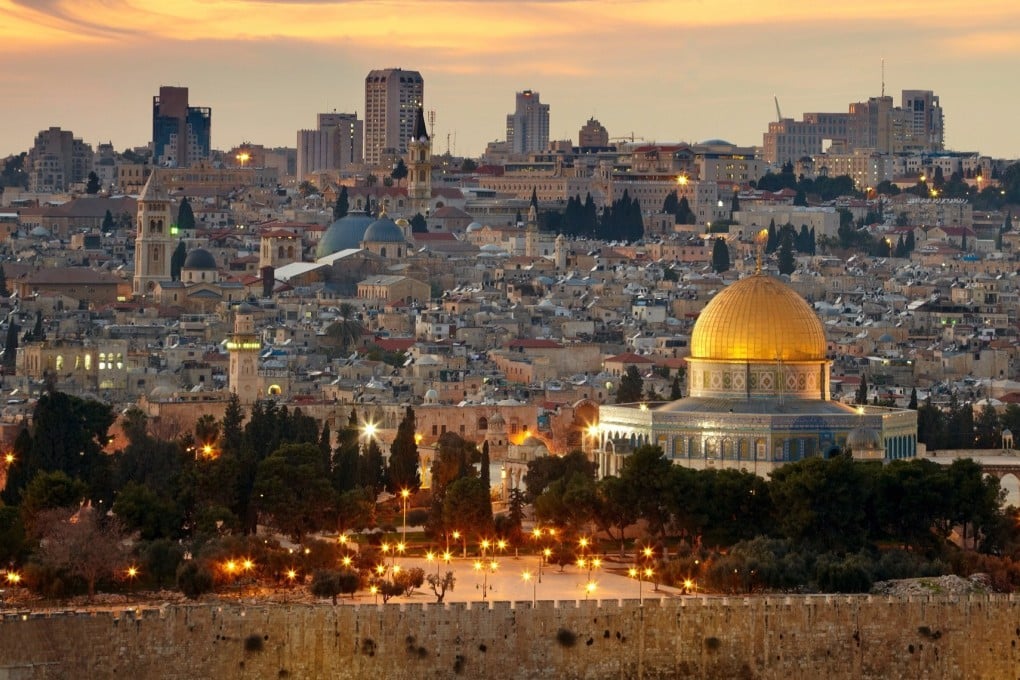Indonesia plays down upswing in Israel ties, amid talk of ‘normalisation’ and Abraham Accords
- A flurry of reported low profile contacts, some of them denied, have fuelled speculation Jakarta will follow the footsteps of the UAE, Bahrain, Sudan and Morocco
- But Indonesian officials are keen to play down the suggestion. With the public strongly supportive of the Palestinians, President Widodo would not want to risk upheaval, experts say

Reports about behind-the-scenes discussions for Indonesia to be the next Muslim country to sign the Abraham Accords – after the UAE, Bahrain, Sudan and Morocco – first emerged in the Israeli press in December, following a visit by the US Secretary of State Anthony Blinken to Jakarta.
Blinken brought up the possibility of Indonesia normalising relations with Israel with his counterpart Retno Marsudi, who responded by reiterating Indonesia’s “consistent position” to support the Palestinians’ fight for freedom and justice, the foreign ministry spokesperson Teuku Faizasyah told reporters at the time.
In November, Indonesian Defence Minister Prabowo Subianto was pictured sitting alongside Israel national security adviser Eyal Hulata at a conference in Bahrain, where the two exchanged business cards. The former leader of Indonesia’s special forces later issued a statement that speaking to Israeli officials was “not prohibited when it serves the national interest”.
Earlier this month, Israel’s Army Radio claimed a delegation of Indonesian officials had made a rare visit to the country “in recent weeks” to meet local officials and learn about the country’s response to Covid-19. The report was quickly dismissed by the Indonesian health and foreign ministries.